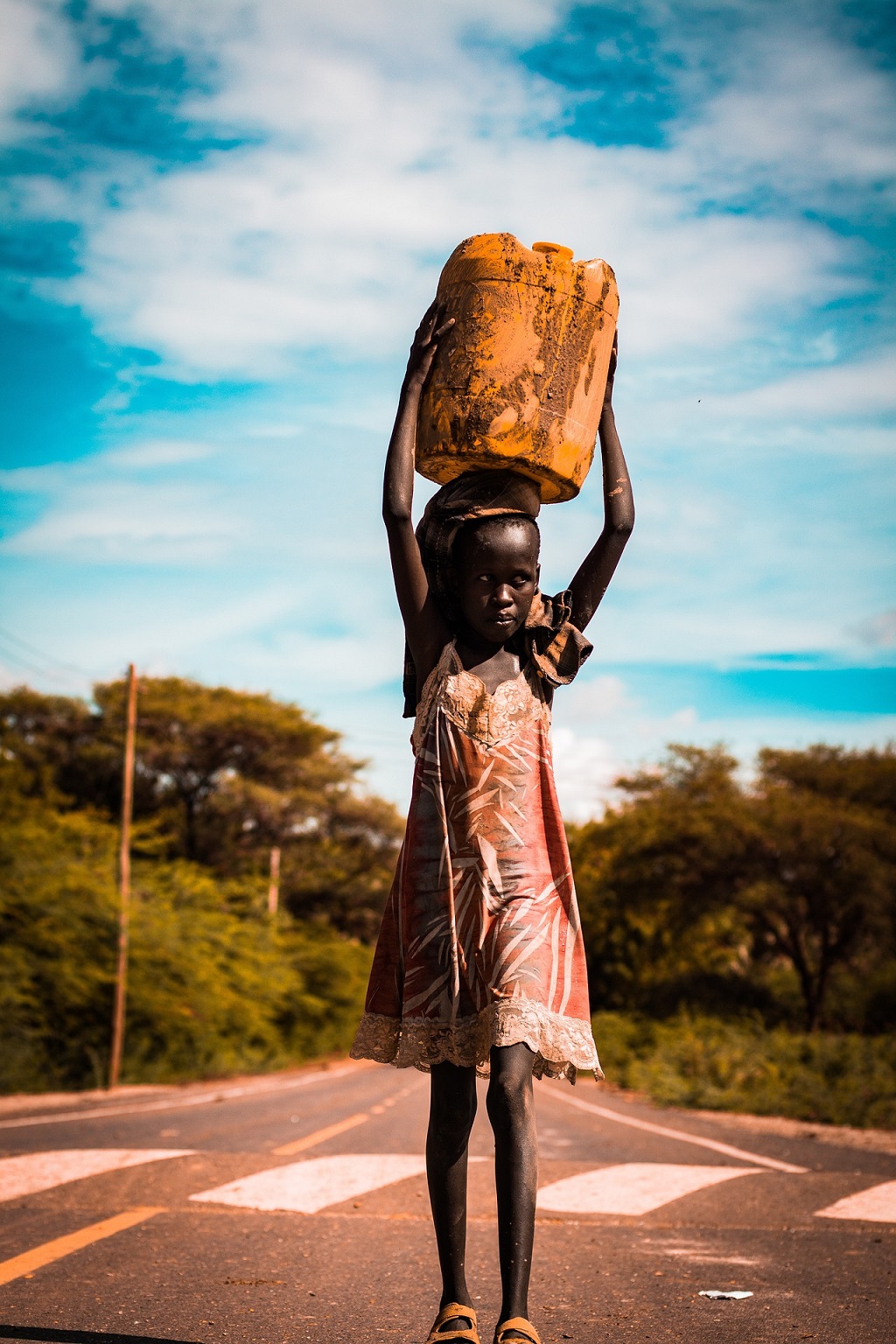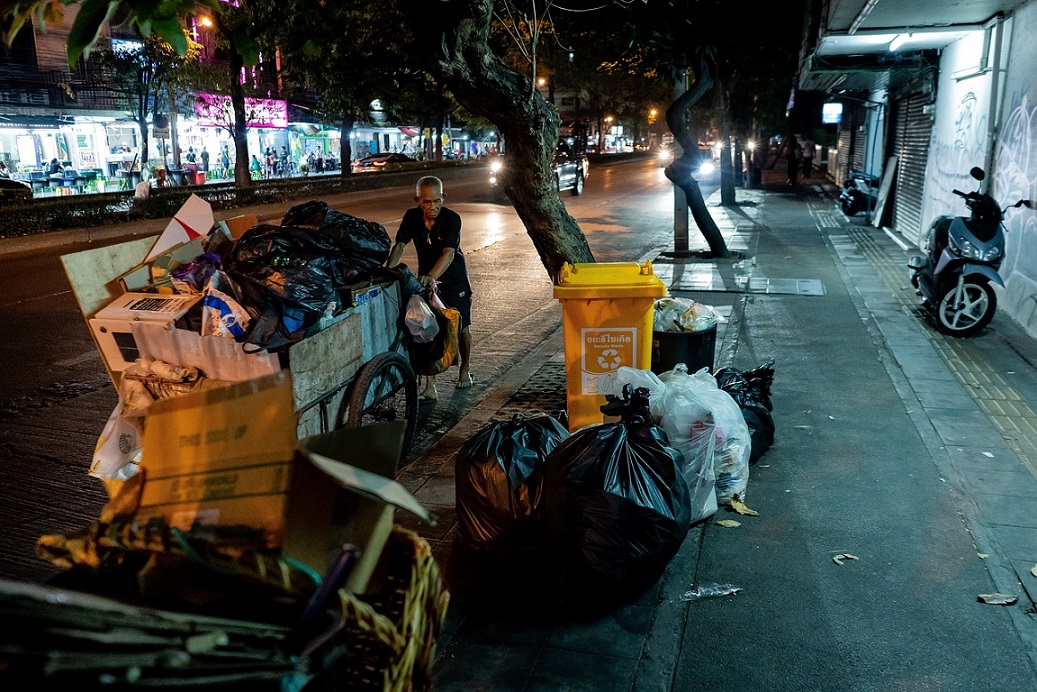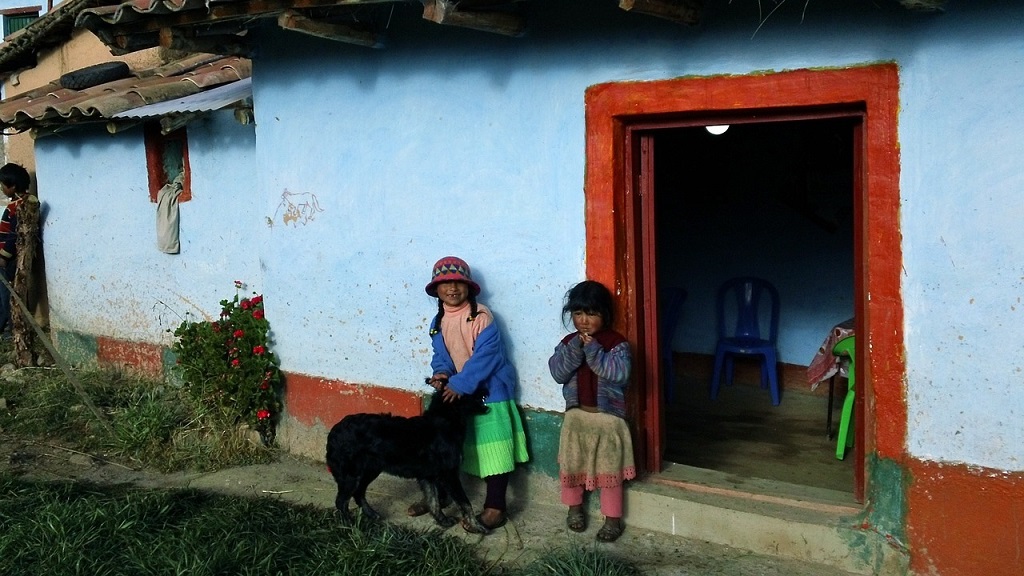Multiple risks contribute to this: food insecurity, climate change, inequality, growing inequality, pandemics and other factors. As a result, by 2030, 59% of the world’s poorest people could reside in countries affected by fragility, conflict and violence.
 This is what World Bank assessments indicate. Addressing issues related to fragility, conflict and violence (FCV) must be a strategic priority as the international community pledged when signing up to the Sustainable Development Goals (SDGs), in particular SDG 16 related to peace, justice and strong institutions.
This is what World Bank assessments indicate. Addressing issues related to fragility, conflict and violence (FCV) must be a strategic priority as the international community pledged when signing up to the Sustainable Development Goals (SDGs), in particular SDG 16 related to peace, justice and strong institutions.
The above scourges constitute a fundamental problem for development and jeopardise efforts to end extreme poverty in low- and middle-income nations, according to data compiled by experts at the Bretton Woods Institution.
According to analysts, violent conflicts have increased dramatically since 2010 in many regions and the picture of fragility ‘is becoming more complex’.
Multiple risks impact FCV environments, including food insecurity, climate change, rising inequality, demographic transformations and the socio-economic impacts of Covid-19, the source added.
Agency estimates indicate that an additional 20 million people have fallen into extreme poverty in FCV-affected countries since the start of the pandemic.
Severe food insecurity, which could affect more than 240 million people by 2027, is twice as prevalent in countries characterised by the FCV trilogy, the forecast said.
 In this regard, Pope Francis criticised wars that ‘feed an armed economy’, while more human beings die of hunger and the arms industry prospers.
In this regard, Pope Francis criticised wars that ‘feed an armed economy’, while more human beings die of hunger and the arms industry prospers.
‘So many wars, triggered by the greed for raw materials and money, feed an armed economy that demands instability and corruption,’ the church leader denounced last December on his official X account.
‘What a scandal and what hypocrisy: people die while businesses that cause violence and death prosper,’ he remarked. In a meeting with Italian bankers, Francis also criticised the excesses of the international financial system and called again for debt relief for impoverished nations.
‘When the financial system tramples on people, fosters inequalities and distances itself from the life of territories, it betrays its purpose,’ he said.
 A healthy financial system, he reasoned, does not degenerate into usurious attitudes, pure speculation and investments that damage the environment and promote wars. PL
A healthy financial system, he reasoned, does not degenerate into usurious attitudes, pure speculation and investments that damage the environment and promote wars. PL
(Translated by Cristina Popa – Email: gcpopa83@gmail.com) – Photos: Pixabay










.jpg)












